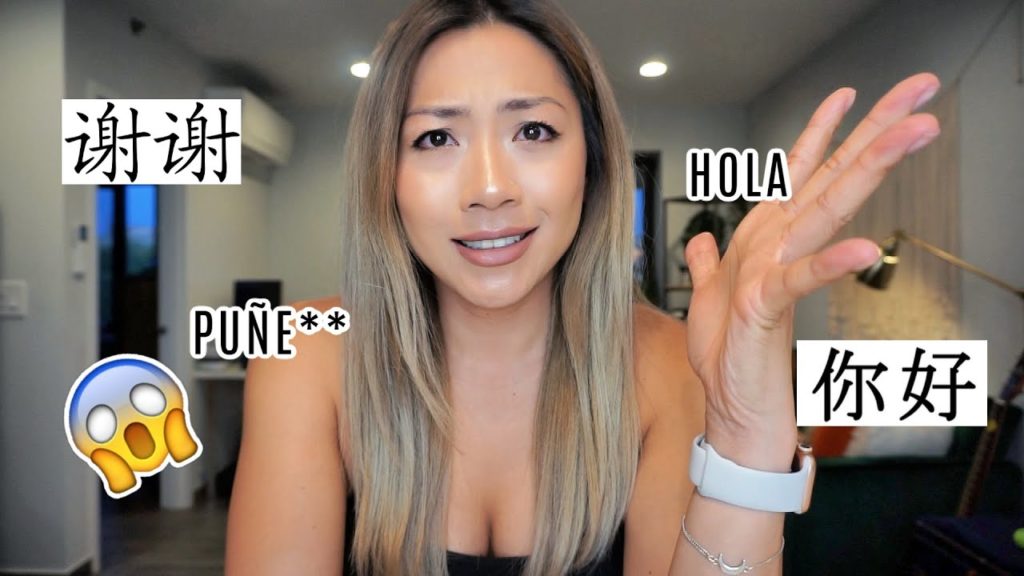Señorita Yanyi is a popular vlogger who describes herself as a “China Boricua,” that is, a Puerto Rican Chinese. Born in China, her family moved to Puerto Rico when she was a baby. At some point later on she moved to New York. I highly suggest you check out her videos, in which she effortlessly blends her Puerto Rican, Chinese and American identities.
Despite her own ease fusing diverse cultural influences, Yanyi noted in a recent interview with Chente Ydrach that many Puerto Ricans are taken aback by the combination of a Puerto Rican accent and an Asian face. Even in cosmopolitan New York, the idea of someone being both Asian and Latin baffles some people. In a TikTok (cool kids: can you use TikTok as a noun?), Yanyi recounts how a date once said, “I’m so glad you’re not Latina, and that you’re Asian, and you’re chill,” to which she replied, in Spanish, “c****n, ¿quién te dijo que yo no soy latina?” (“f****r, who told you I’m not Latina?”).
I would love to see that TikTok (and Yanyi’s material generally) subtitled in Chinese, just to see the kind of comments it would draw from viewers in China. On the one hand, I doubt anyone in China would bat an eye at the fact that China-born Yanyi speaks native-level Spanish. It will also be absolutely unnoteworthy that Yanyi picked up the accent of the place where she grew up. What is certain to leave some people scratching their heads – if not protesting outright – is Yanyi’s assertion that she is Latina. And considering how the reverse of Yanyi’s situation would be viewed in China (and in most other East Asian countries), such takes would make sense.
If a Hungarian (or Zambian or Bolivian) family moved to China with a baby called Viktor (or, for that matter, if Viktor was born in China), he would never be considered Chinese – even if he stayed in China for the rest of his life, speaking fluent Mandarin and marrying a local. The country’s nationality laws, which essentially prevent naturalization of non-ethnic Chinese, undergird this reality. But even leaving aside the legal issue of citizenship, becoming Chinese would be seen as a cultural impossibility by nearly all Chinese. If Viktor were to announce on TikTok that he was Chinese, at best it would be seen as a cute assertion of affinity, like JFK’s Ich bin ein Berliner. Some would likely take umbrage at his pretension.
To be fair, and as Yanyi’s own experience shows, there are folks in America who also wonder how a china can also be latina and boricua. However, most Americans at least appear to accept that someone can be both American and Chinese (or Brazilian or Nigerian). As long as they understand that Latin American identity (like American or Canadian identity) transcends ethnicity, Yanyi’s statement will make sense to most Americans.
Someone whose grandparents were all born in China can be Latina, just as someone whose grandparents were all born in Colombia or Spain (or Lebanon or Angola). Though the Asian presence in Puerto Rico has historically been limited, there are Latin American countries where Asians constitute relatively large communities, such as Peru and Brazil.
The impermeable nature of mainstream Chinese society for foreigners is telling, of course. At a practical level, it points to an invisible line that will hinder development of strong business relationships with international partners. It also has broader implications for the kind of global power China will become. And it poses tough questions for those in the West who have made China’s case in the hope that it will return the love.
How do you see it?

























